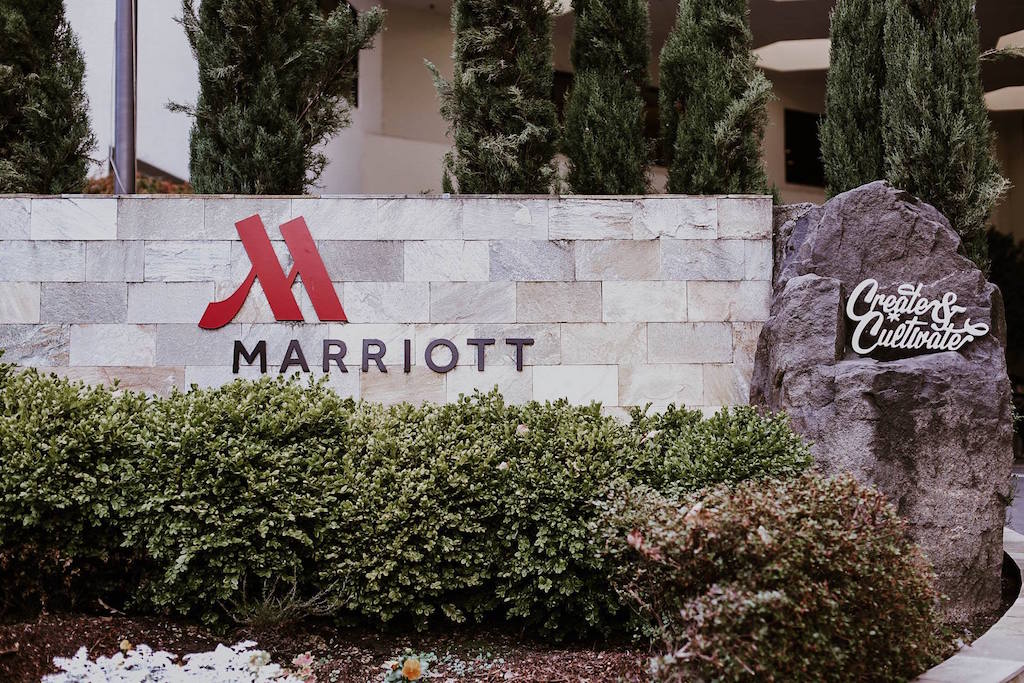8 Financial Themes Shaping the Hotel Industry in 2018 and Beyond

Skift Take
After pouring over third quarter earnings results and investor calls, it’s clear the big hotel chains have embarked on a new, but potentially arduous road.
In the following piece, Skift Research Senior Analyst Rebecca Stone examined public hotel companies and cruise lines' financial results from the September quarter, and identified key financial trends that will help these industries' outlooks for the rest of 2017, into next year and beyond. Subscribe to our Research service to get deep these deep sectoral and company deep dives.
To grow and survive as digital platforms, the big hotel chains are unequivocally moving away from the hotel owner model and more towards branding, marketing, and technology-related functions.
In the long run, this should translate into accelerated global growth, sweeter margins, and cash flow from asset sell-offs, but it’s also uncharted territory in many respects. Being excellent at branding, ecommerce, and enterprise IT is a big job; competition is fierce on all fronts. Branding is a tricky business these days, especially for globally fragmented businesses, and the hotel companies will need more than loyalty points to keep customers coming back. Hotel enterprise IT is messy and entrenched, and travel is a hard ecommerce category in general.
Nevertheless, it's the road that they've chosen, and now investors will gauge them on their ability to deliver. Here are Skift Research's eight key themes that we see playing out in Q4 and beyond.
The shift to “asset light” continues
We continue to see hotel companies increasingly pursue asset-light strategies via franchising or managing hotels rather than owning real estate. These asset-light models typically have higher margins, higher returns on invested capital, low capital intensity, and low volatility in earnings compared to owning hotels.
Subscribe to Skift Research Reports
Hyatt, which previously had a stated strategy of being an “asset recycler” where it was willing to sell owned assets to reinvest in better properties, officially changed its tune during Q3 earnings by announcing a plan to reduce its owned real estate portfolio by $1.5 billion over the next three years by selling and entering long-term management or franchise agreements for the assets. The plan allows Hyatt to monetize high multiple assets whose cash flows are not being accurately valued by investors, in management’s view, and provides funds to return capital to shareholders. The company has already sold approximately $300 million of the $1.5 billion and expects the fee business (which includes management and franchise) will be 60 percent
